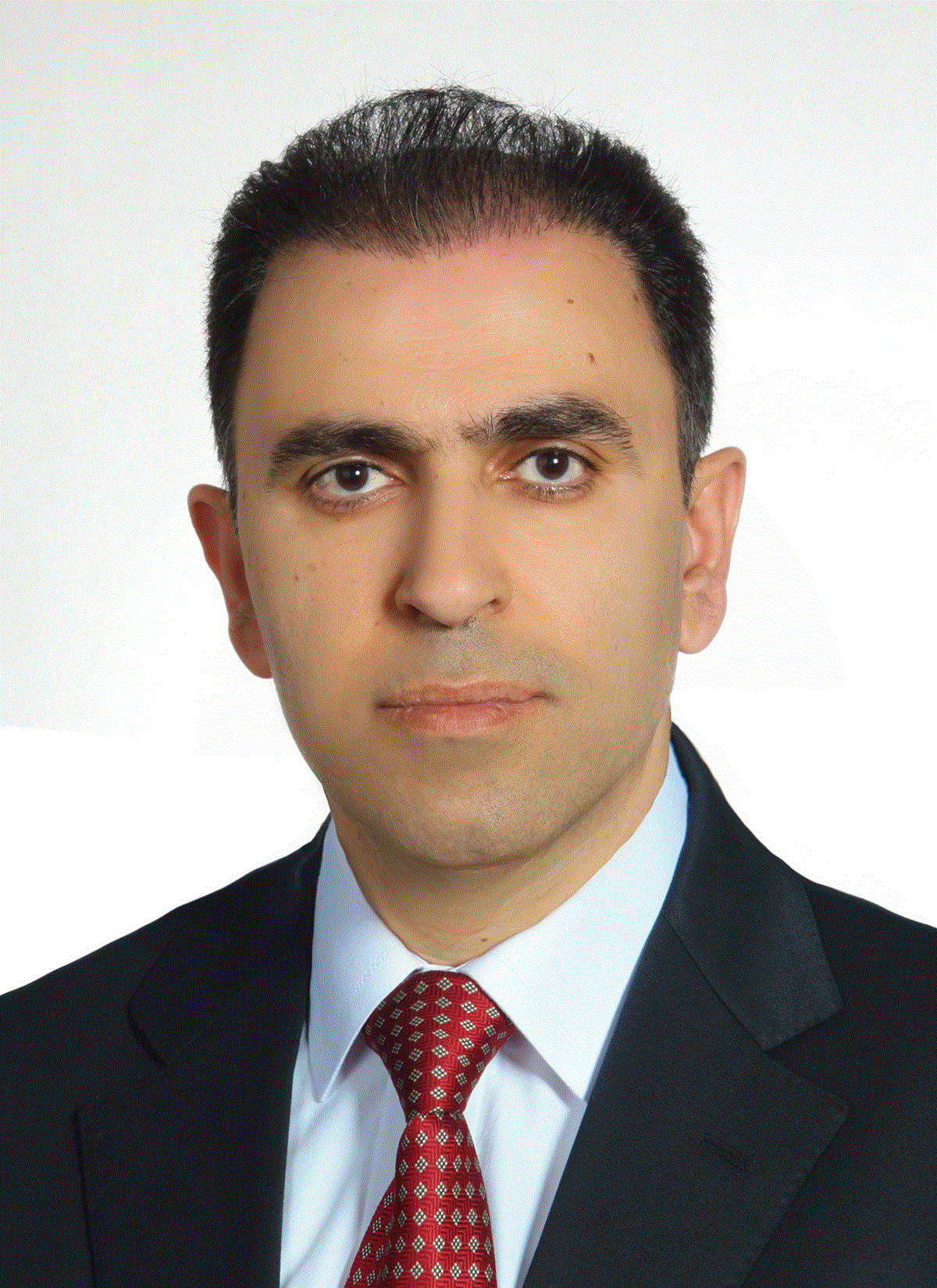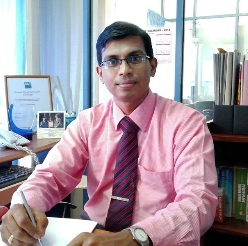Guest Editors
Prof. Hadi Amlashi
Email: haml@usn.no
Affiliation: Department of Process, Energy and Environmental Technology, University of South-eastern Norway (USN), Porsgrunn, 3919, Norway
Homepage:
Research Interests: Nonlinear Finite Element Analysis (FEA) of structures, with specialities towards buckling and ultimate strength of plated structures, Ultimate Limit State (ULS) and Fatigue Limit state (FLS) design, Renewable Energy Technologies (Wind, Wave, Hydrogen, etc.), as well as risk and reliability analysis of various structural systems

Prof. Chaminda Prasad Karunasena
Email: chaminda@mme.ruh.ac.lk
Affiliation: Department of Mechanical and Manufacturing Engineering, Faculty of Engineering, University of Ruhuna, Hapugala, Galle, 80000, Sri Lanka
Homepage:
Research Interests: Meshfree methods: Smoothed Particle Hydrodynamics (SPH), Discrete Element Methods (DEM), Renewable energy (Sea wave, Biofuel, Solar PV or thermal, Wind, etc.), Thermodynamics heat and mass transfer, Machines for industrial applications

Summary
Background: Wave energy is an untapped frontier in renewable energy that has the potential to power our future through the rhythmic movement of ocean waves. However, converting wave energy into electricity presents numerous challenges. The design, operation, sustainability, and reliability of Wave Energy Converters (WECs) are crucial to transform this potential into practical and scalable solutions.
Importance: As we confront climate change and the urgent demand for sustainable energy sources, WECs present a clean and limitless energy supply. However, the complexity of marine environments and the need for efficient, durable, and environmentally friendly devices emphasise the importance of advancing research in this field.
Aim and Scope: This Special Issue aims to catalyse innovation by bringing together the brightest minds in ocean engineering, materials science, and environmental policy. We intend to delve into the multifaceted aspects of WECs, from theoretical modelling to real-world applications.
Suggested Themes:
· Innovative Design Solutions for enhancing WEC’s energy capture efficiency.
· Operational Challenges and adaptive management strategies for WECs.
· Sustainability Metrics assessing environmental impact versus energy yield.
· Reliability and Maintenance of WECs in harsh marine conditions.
· Policy and Economic Viability of WEC deployment at scale.
We invite researchers to submit cutting-edge work that illuminates these themes and drives us towards a future where the ocean's energy can be harnessed sustainably and reliably. Let's make “Watts-from-Waves” together!
Keywords
Wave Energy Convertors, Sustainability, Ocean Engineering, Energy Efficiency, Environmental Impact, Reliability, Maintenance, Adaptive Management, Policy Framework, and Economic Viability